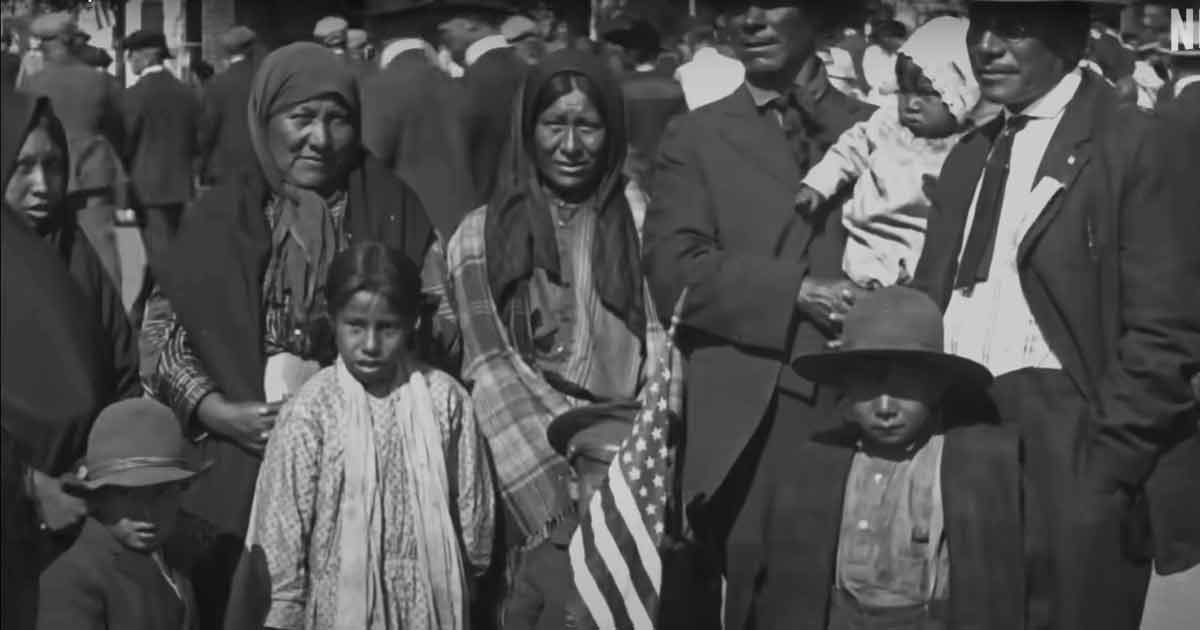
After a limited release, Yance Ford’s acclaimed documentary Power is headed to Netflix for a global release. The film delves into the origin, progress, and current state of American policing, representing facts in an engaging way through archival footage and expert interviews.
Power first premiered at the Sundance Film Festival in January 2024 and received rave reviews for being highly detailed and featuring gripping visuals. As the documentary gears up for a release on Netflix, here is when you can watch it.
Power: How and When to Watch the Documentary Film?
Power will begin streaming on Netflix on Friday, May 17th, 2024. The streaming platform usually releases new shows and films at 12:00 a.m. PT / 3:00 a.m. ET and Power is also expected to be released at the same time. To watch the documentary, you need to be a Netflix subscriber. The platform offers a standard ad-supported 6.99 monthly plan, along with a standard ad-free plan at $15.49 per month and a premium plan at $22.99 per month.
Trending
What is the Documentary Power About?
Power explores the hundreds of years of history of American policing, showcasing how it expanded in scope and scale over the years. The documentary endeavors to tell the impact of police power in the US. It is directed by Yance For, whose earlier work, Strong Island, earned an Academy Award nomination for Best Documentary Feature.
The interviewees featured in the film include Baher Azmy, Charlie Adams, Christy Lopez, Elizabeth Hinton, George Yancy, Julian Go, Keeanga-Yamahatta Taylor, Micol Seigel, Nikhil Pal Singh, Paul Butler, Redditt Hudson, Stuard Schrader, and Wesley Lowery. You can check out the official trailer of Power below:
Power Early Reviews
The documentary has received mostly positive reviews from audiences and critics who watched it at the Sundance Film Festival or during its limited release. It has an 80% rating on Rotten Tomatoes based on 25 reviews at the time of writing. Variety magazine appreciated the film for its detailed take on the subject but observed that it did not touch much on violence in policing. At the same time, The Guardian lauded the documentary’s visuals and termed them poetic, but it criticized its academic approach to explaining things.
Follow Us: Facebook | Instagram | Twitter | Youtube | Google News



 Follow Us
Follow Us






